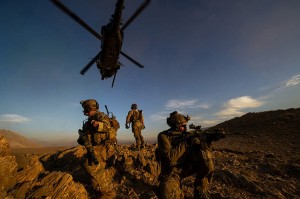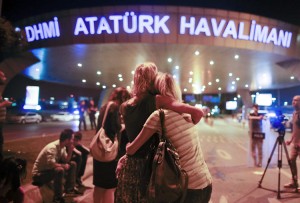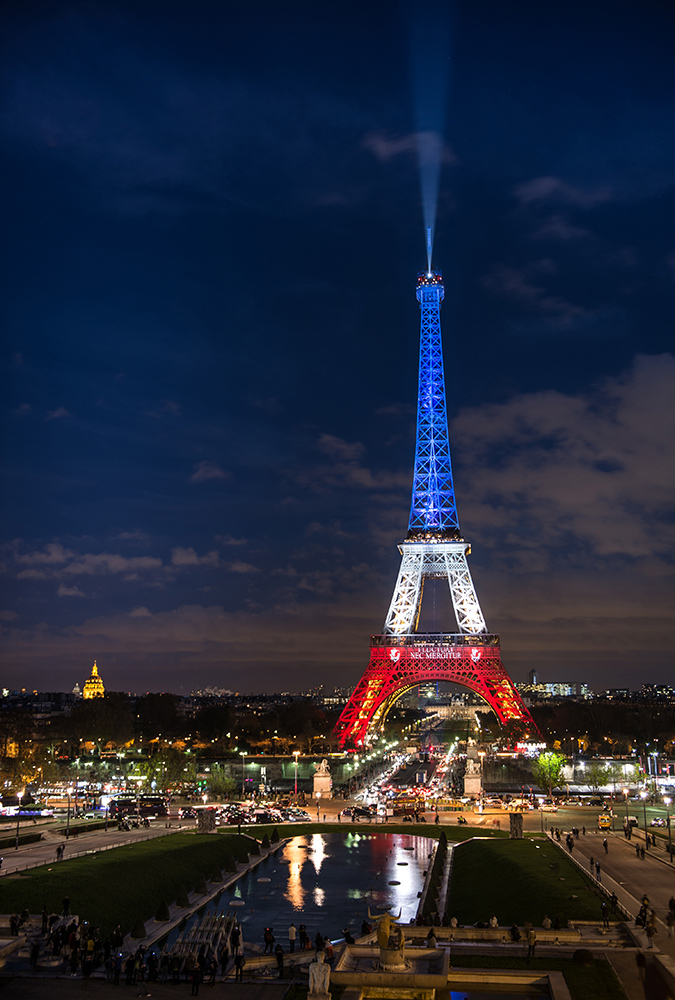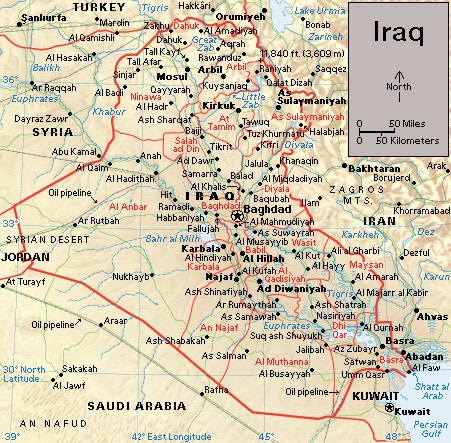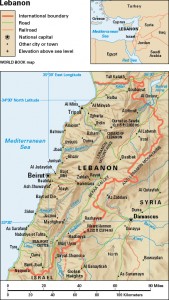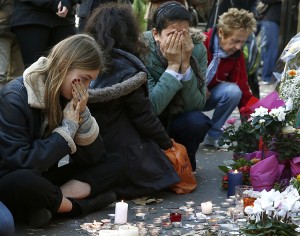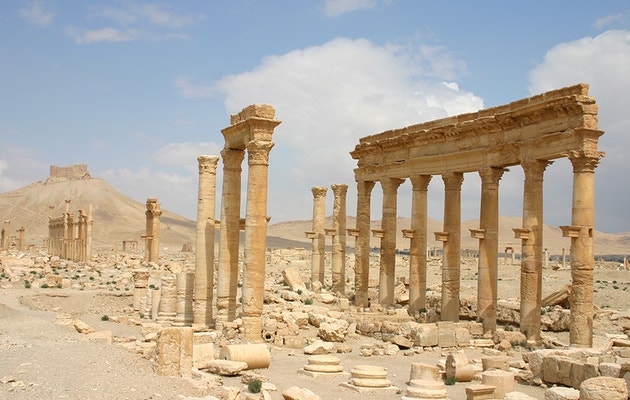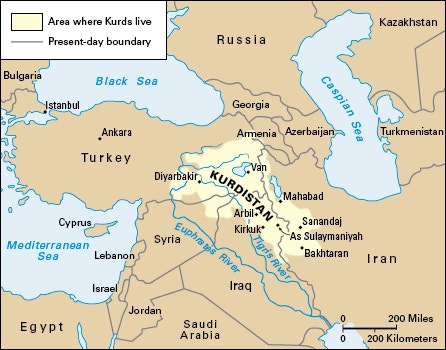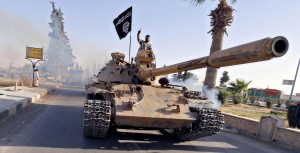The Afghanistan War Ends
Tuesday, August 31st, 2021President Joe Biden stuck to a deadline of Aug. 31, 2021, for the withdrawal of the remaining United States troops from Afghanistan. The withdrawal brought the 20-year Afghanistan War to a close and completed a rapid retaking of the country by the Taliban, a militant Sunni Islamic political group.
As U.S. and NATO troops began their withdrawal earlier in the year, Taliban attacks aimed at expanding the group’s control over additional territory increased. Hundreds of thousands of Afghans fled. The Afghan National Security Forces eventually collapsed before the advance, despite years of support and training by NATO and U.S. forces. In August, Taliban forces took over additional territory, including several major cities. On August 15, they entered and took control of the capital, Kabul. Afghan President Ashraf Ghani fled the country.
The United States quickly sent additional troops to Kabul. They were to secure and oversee the operation of the city’s airport during the evacuation of U.S. and NATO personnel, along with Afghan allies and their families. On August 26, a suicide bombing and gunfire attack killed at least 170 people in the large crowd waiting to enter the airport. The victims also included 13 U.S. troops. The militant group ISIS-K (Islamic State Khorason—a branch of the Islamic State terrorist organization) claimed responsibility for the attack. Nevertheless, the evacuations continued. About 123,000 civilians were evacuated on U.S. and coalition flights before the United States completed the withdrawal of its last military troops on August 30.
The Afghanistan War began in 2001. It started as a short but intense war in which the United States and its allies battled the Taliban. International forces overthrew the Taliban regime and helped establish a new government in Afghanistan.
The conflict persisted in the years that followed, however, as the United States and its allies struggled to establish stability in the country. The war eventually became the longest deployment of American combat troops in U.S. history. Since the beginning of the Afghanistan War, more than 3,500 coalition soldiers, mostly Americans, have died in Afghanistan.
In 2013, international troops shifted into a supporting role. Nearly 10,000 U.S. troops remained in such noncombat roles as training Afghan soldiers, advising Afghan army units, and helping maintain equipment. In 2014, NATO and the United States formally ended their combat missions in Afghanistan. However, the Taliban increased their presence in the following years, and security forces continued to battle the insurgents. An additional 3,000 U.S. troops were sent in 2017 on combat duty.
In 2018, U.S. and Taliban representatives began negotiating the withdrawal of U.S. troops from Afghanistan. They signed an agreement in 2020. The Taliban agreed not to allow such terrorist organizations as al-Qa`ida and the Islamic State (ISIS) to operate from bases in Afghanistan, and the United States agreed to a gradual withdrawal of the approximately 13,000 troops it had in the country at that time. Several thousand NATO troops also remained in the country, providing noncombat assistance to Afghan security forces. Nevertheless, fighting between Afghan government forces and the Taliban continued, leading up to the U.S. withdrawal and the government’s collapse.

